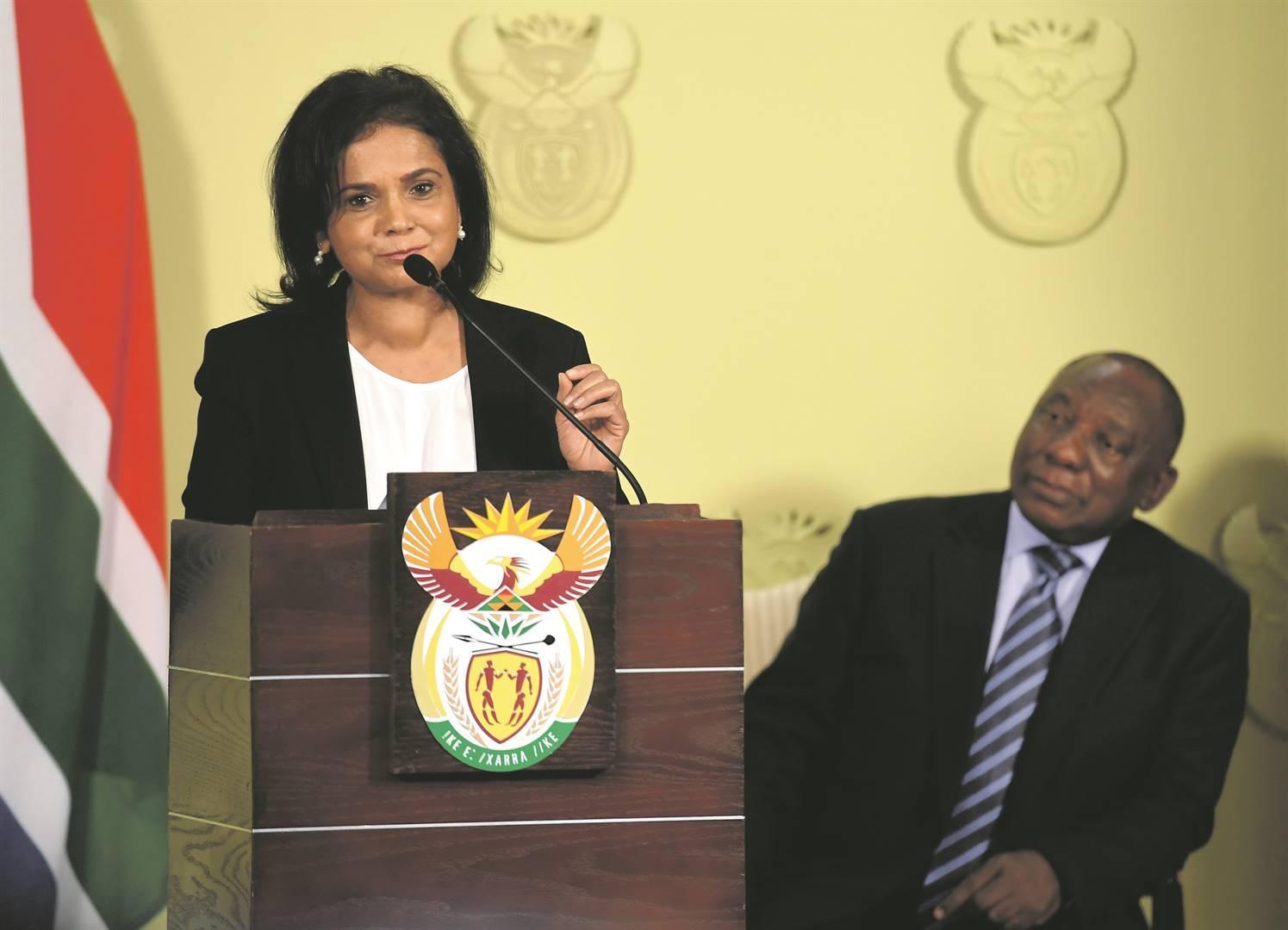Africa-Press – South-Africa. Prosecutions boss Shamila Batohi says the tide is turning – and impunity is no longer a given.
According to Batohi, the National Prosecuting Authority (NPA) leadership and staff, by design and not by default, have implemented key initiatives to rebuild a fit-for-purpose organisation to deliver accountability and uphold the rule of law.
On Tuesday, she was briefing the Portfolio Committee on Cooperative Governance on corruption cases in the country’s municipalities.
Batohi said there was increased collaboration among structures, such as the Advisory Panel, Top Priority Corruption Task Team, ACTT ExCo and Case Management Meetings, NPA ExCo and DPP Case Management Meetings.
“[We are] building partnerships and adopting bold and innovative measures with the private sector to strengthen and supplement the skills of our prosecutors, through specialised training and the contracting of forensic specialists, while zealously guarding our independence,” she said.
In the NPA-environment, there are 229 cases under investigation, 88 cases are in court, and, since 2021, 25 cases have been finalised.
Cases at the Fusion Centre stands at 20, of which 18 are under investigation and two are in court.
Regarding the VBS Bank case, one matter has been finalised and a person sentenced to seven years’ imprisonment. There are still 17 matters under investigation, and seven are in court.
VBS was declared bankrupt and the Gauteng High Court in Pretoria granted a final liquidation order against it on 13 November 2018. In February, the first liquidation dividend paid out seven cents in the rand to some creditors.
Of the R159 million to be paid out, only about R110 million went to municipalities.
Signs that something was amiss at the bank emerged when pensioners and cooperatives could not get their money out of the bank.
Distraught pensioners were among those who tried to draw money from their savings, only to be told there was no money. They slept outside in the hope that they had not been fleeced out of their life’s savings.
In its presentation, the Special Investigating Unit (SIU) said that, in some municipalities, it appeared the names of the service providers were determined before any supply chain management process commenced.
The SIU specifically referred to the delivery of personal protective equipment (PPE) that did not comply with the technical specifications contained in the invitation to submit quotations.
“Furthermore, certain PPE were not packed according to predetermined standards. There was no attempt to negotiate with suppliers in bringing prices within the thresholds suggested by Treasury. This resulted in overpayment for goods,” it said.
Certain state institutions lacked basic control measures which could have established correct product delivery.
“In several instances, we found under-delivery of items or the receipt of incorrect items,” it said.
Another challenge highlighted was that of weak verification protocols on supplier registration details.
“This resulted in several suppliers claiming VAT when they were not registered with SARS as VAT vendors,” the SIU said.
For More News And Analysis About South-Africa Follow Africa-Press






